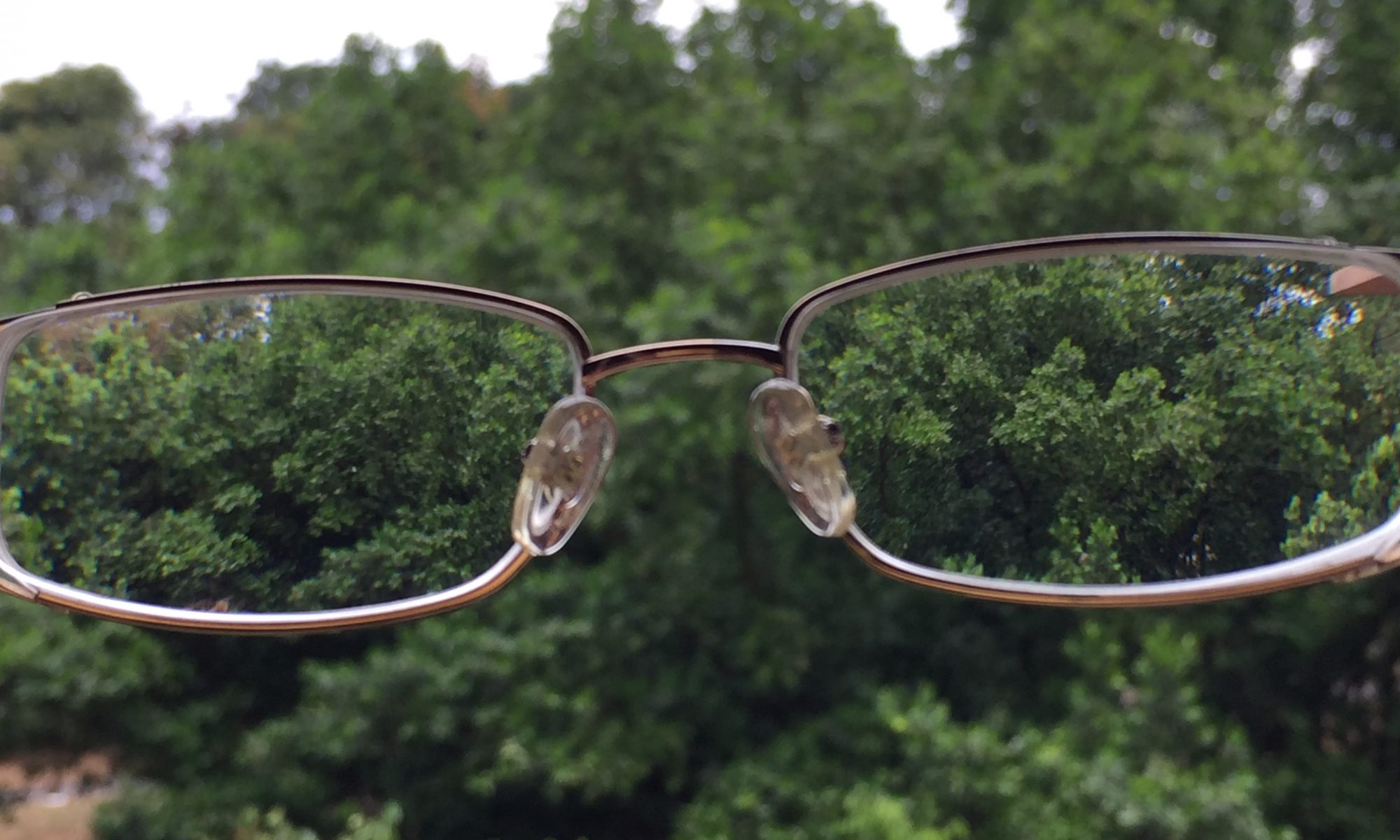I recently read an article written by a friend titled, “Mothers, Thy Name Is Worry” in the latest issue of Penang Monthly. In it, he shared how his mom worries about her children from the time of conception till now (this friend of mine is in his 60s).
And I realise he is right. We moms are worriers. We worry when our kids eat too much or too little, sleep too much or too little. We worry when they have too many friends, or too few friends. We worry when they focus too much on schoolwork or too little… When they do well in X, we worry they are not thriving in Y. When they grow up, we worry about the jobs they have, the partners they find, the lives they live. When they start their families, we worry about their children, and sometimes their financial situation. It’s almost never ending…
The problem with WORRY is it always comes with a companion by the name GUILT.
We feel guilty letting our kids eat too much or too little, sleep too much or too little. We feel guilty allowing them to spend too much or too little time with friends. We feel guilty that we did not help them be “well-balanced” if they focus too much on schoolwork or too little… When they do well in X, we feel guilty not helping them thrive in Y.
Working moms feel guilty not spending enough time with their children. Stay-at-home moms feel guilty losing their patience and tempers at their children throughout the day.
We feel guilty sending the kids to too many enrichment programs because we know they need breathers yet the fear of not keeping up make us continue signing them up for classes. We feel guilty NOT sending the kids to enough or any enrichment programs because we fear they are losing out, yet our belief that kids need free time stop us from signing them up for classes. We feel guilty giving them “junk” food. We feel guilty using screentime as a babysitter. We feel guilty when something bad happens to our child, believing we could have done more to prevent it from happening, or feeling bad we fail to realise our child is experiencing problems. We feel guilty for not having done a good job guiding and teaching them If our child does something wrong or faces difficulties overcoming a challenge. The list goes on.
When will enough be enough? When will we moms realise that WORRY and GUILT are NOT badges of honour? That WORRY and GUILT are not “proofs” that we love our children? That they are, instead, stopping us from fully enjoying our motherhood?
Today is Mother’s Day. My wish to ALL mothers and mothers-to-be is that WE will be able to STOP worrying and feeling guilty. Why? Because WORRY drains us and GUILT eats us up. It’s time to say NO to them.
How?
Simple. We start by decoding what WORRY and GUILT are. Then we will realise they are not productive emotions.
Decoding and Dealing with WORRY
WORRY is merely a feeling of anxiety about something that has yet to happen. If there is something we can do about what we are worrying about, then we do not need to worry. If there is nothing we can do about what we are worrying about, then there is no point worrying since it will not help with anything except rob us of peace and enjoyment of the moment.
So when you start worrying, ask yourself, “Is there anything I can do about it?”
If the answer is yes, then determine what it is you can do and do it. If the answer is no, then tell yourself, “There’s no point worrying. Just need to be prepared for whatever that happens.” Remind yourself that worrying WILL NOT change the outcome of whatever it is you are worrying about.
Decoding and Dealing with GUILT
Guilt is feeling bad about something that has happened in the past. There is no way we can go back and change it. Feeling guilty does not change what has happened. Instead of feeling guilty, we can work on what needs to be improved so the same mistake will not happen again, or we can come to terms with whatever decisions we have already made and executed.
So when you start feeling guilty, tell yourself, “I can’t change the past. Is there anything I can do to make amends or to prevent the same thing from happening again?”
If the answer is yes, then determine what it is you can do and do it. It is unlikely the answer will be no, because even if you cannot do anything to make things better, there is always a lesson you can learn that will help you make better decisions or take better actions in the future. Just remind yourself that feeling guilty WILL NOT change what has happened.
How to Lead a Blissful Life
We need to strive to let go and let it be. As the song “Que Sera Sera” goes, “Whatever will be, will be.”
We are not perfect. Given the number of “active” tabs we moms have open in our brains, we already have so much on our minds at the same time. No matter how hard we work or how much scenario planning we do and have Plans A, B, C,..to Z, we can NEVER fix everything. We need to stop worrying or feeling guilty for having done X or for not doing Y.
We need to love and accept ourselves, and acknowledge that we are all doing our best with the knowledge and resources we have at the moment. When we do that, we won’t feel weighed down for everything we have done, or will do, nor we feel laden for every decision we have made or will make. Then we can be fully present for our family and enjoy them. And it is being present that we can find BLISS.
Happy BLISSFUL Mother’s Day
Here’s wishing all Moms a Happy BLISSFUL Mother’s Day and a Happy BLISSFUL EVER AFTER. Let’s bid “worry” and “guilt” goodbye and resolve to keep them out of our lives.
Happy Parenting!!




